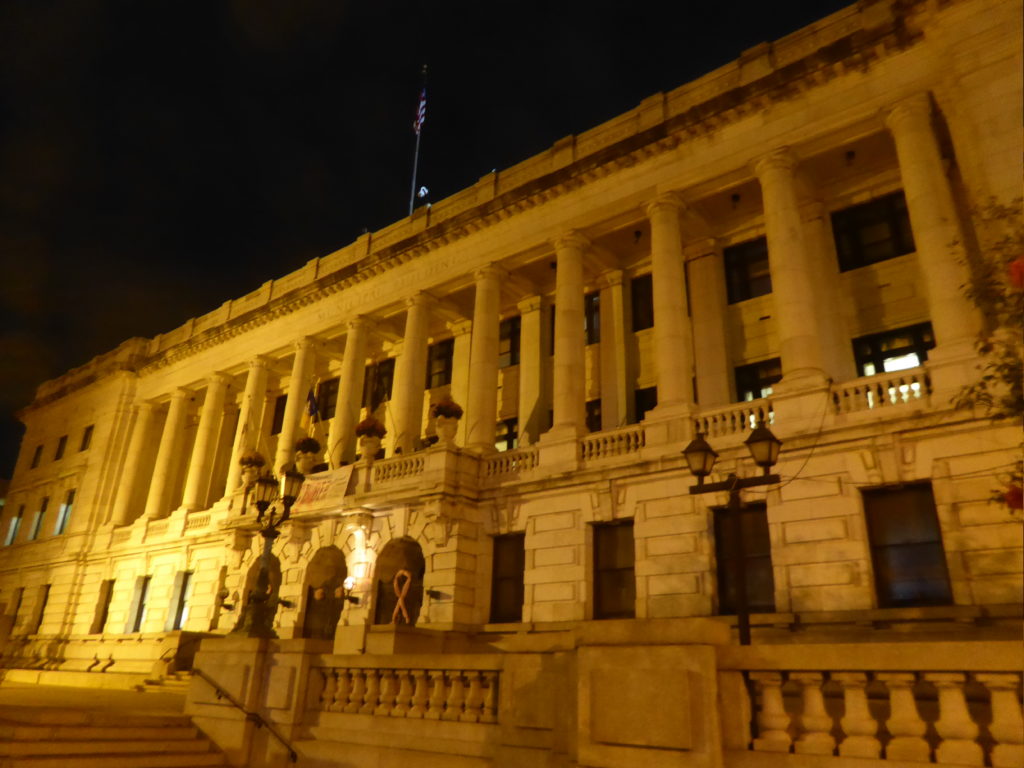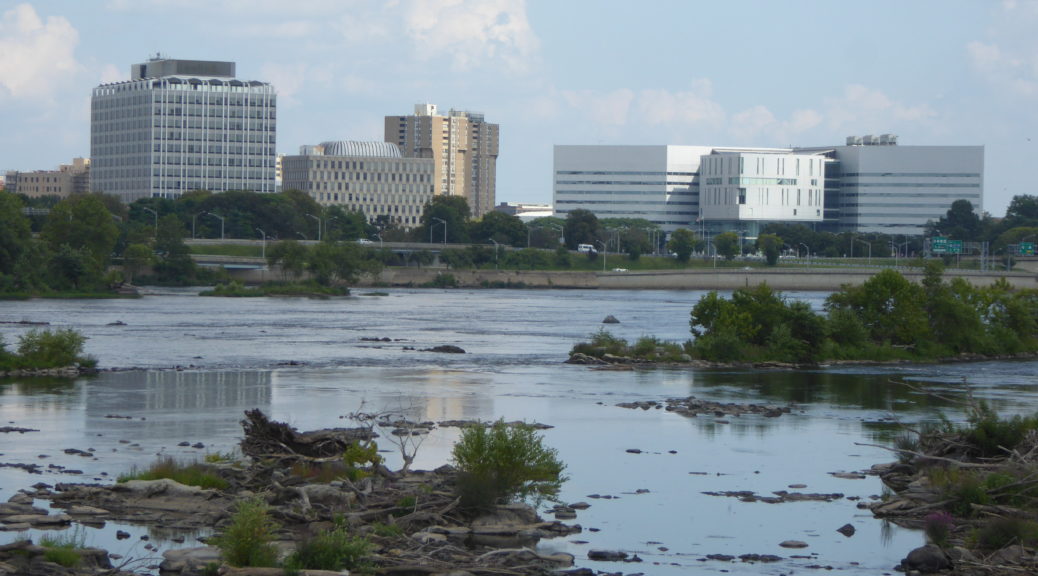The line for public housing in New Jersey’s capital city has gotten so long that the Trenton Housing Authority has decided not to allow anyone else to join the waiting list.

By Jared Kofsky
Trentonians seeking to reside in public housing this summer are out of luck for the time being. The Trenton Housing Authority (THA), which owns and operates the public housing projects throughout New Jersey’s capital city, is no longer accepting applications for most of its affordable apartments and houses.
In a February legal notice, the THA announced that over 6,000 households were on the waiting lists for public housing in Mercer County’s second largest municipality. Federal census records show that Trenton has a total of roughly 27,000 households. Citing the “high volume of applicants,” the authority revealed that it would be closing its “Family” and “Senior/Disabled” waiting lists on March 1.
As planned, the THA stopped permitting new applications to both of these waiting lists at the beginning of March, according to its website. Trentonians interested in residing in public housing in the city who visit the THA’s Apply4Housing web page are now greeted with a message stating in part that “we are sorry, but there are no open list [sic] currently.”
Based in the North Trenton neighborhood, the THA has almost a dozen complexes in Trenton. These facilities range from the 112-unit Samuel Haverstick Homes near the Ewing Township border to the 376-unit Mayor Donnelly Homes on New Willow Street to the Lincoln Homes near Rivera Community Middle School.
Trenton, Princeton, and Hightstown are the only municipalities in Mercer County to operate their own public housing authorities, though the Princeton Housing Authority maintains a total of just 236 apartments while the Hightstown Housing Authority has just 100. When applications for the waiting list are open, the THA’s website states in part that the capital city’s authority requires at least one household member to be an American citizen or “eligible non-citizen” and that applicants must not exceed the United States Department of Housing and Urban Development’s income limits. For a family of four, annual “low income” is defined as a household earning a maximum of $71,900 while “extremely low income” is considered to be less than $29,650.
The Streetlight has learned that Trenton is far from the only city in New Jersey where there is a far higher demand for public housing than a supply of affordable units.
60 miles northeast of Trenton in the state’s second largest city, the Jersey City Housing Authority (JCHA) has closed both the application list for the Section 8 Housing Assistance Payment Program, which “is designed to assist eligible low-income families pay their rent,” along with all but one of its “public housing site based waiting lists,” according to the agency’s website.
During the summer of 2018, the JCHA decided to reopen its public housing waiting list to applicants, but only for a one week period. However, a statement from the agency at the time mentioned that not all people who sought to be added to the waiting list would be included since “a set number of preliminary applications [would] be selected using a computerized random selection process.” The sole remaining waiting list in Jersey City that remains open is solely for two-member households where one family member must be 62 years of age or older, according to municipal records. The draft of the JCHA’s 2019 annual plan shows that as of August 2018, there were still 5,564 applicants on the waiting lists.
Meanwhile, the Newark Housing Authority (NHA) had waiting lists with an estimated 19,494 applicants, roughly the entire population of Hopewell Township, as of December 2018, according to the 2018 NHA Annual Report. The NHA, which is the largest agency of its kind in the Garden State, reported that 800 individuals were moved from the waiting lists to public housing in 2018. However, the NHA website shows that 13,303 families and 3,897 disabled applicants are still waiting and only “near elderly, elderly, and disabled residents” are currently allowed to submit applications.
While the public housing waiting lists might not be open at the THA, the JCHA, and the NHA, there are a variety of resources available in the capital region for readers experiencing homelessness to visit. The Mercer County Resource Guide on pages six and seven provides additional information regarding these services.
Editor’s Note: This story was written in March 2019.

